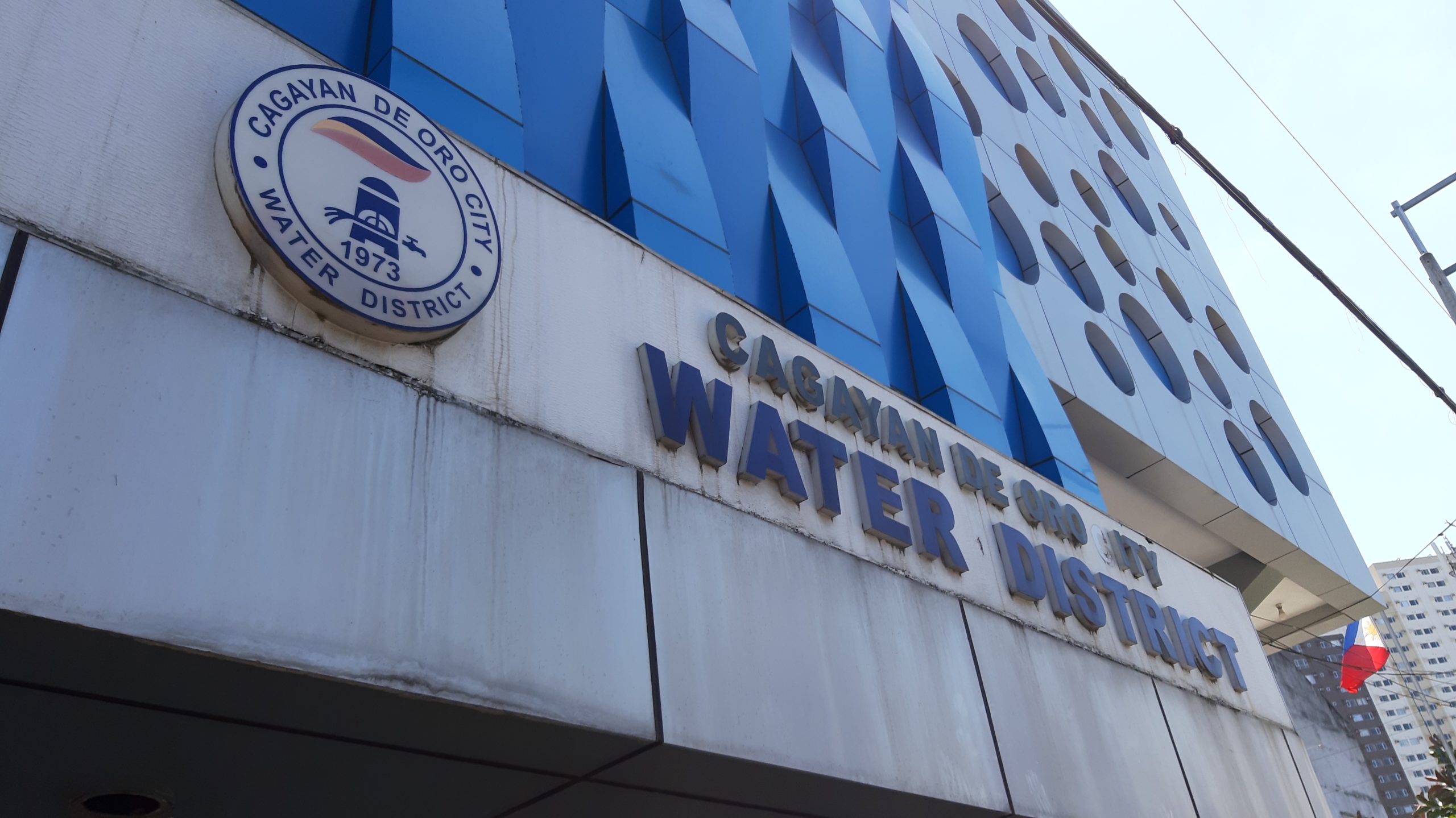
Solid waste continues to be a challenge for the Philippines as waste generation rates steadily rise annually while recovery and recycling rates lag behind. Of the estimated 61,000 metric tons of solid waste generated daily in the Philippines, up to 24% is plastic, of which the biggest source are packaging materials or SKUS (stock keeping units) of various Fast-Moving Consumer Goods (FMCGs), plastic cutlery, and plastic bags.
Today, the country is one of the world’s largest contributors of plastic waste dumped into the ocean. To address the problem, the Extended Producer Responsibility (EPR) Act was proposed and subsequently lapsed into law in July 2022. The EPR law is an amendment to the two-decade-old Ecological Solid Waste Management Act. It extends the responsibility of a company (or producer) to the post-consumer stage- ensuring that the materials and waste of the products they manufacture, import, distribute or sell do not end up just being thrown out, but instead is recovered, reused, recycled or allowed to degrade in an ecologically-sound manner.
EPR is an environmental policy approach that is applied in many countries around the world, although the schemes vary. In the Philippines, the EPR law requires companies with total assets of over P100 million, called Obliged enterprises (OES), to adopt and implement policies for the proper management of plastic packaging waste, with auditing and annual compliance reports to be submitted. For this first year of EPR implementation, OEs must divert 20% of the plastic waste they produced by end of 2023. The rate increases further to 80% by 2028. These obligations may include the diversion, transportation, and disposal of recovered waste and the cleanup in coastal and public areas.
“The successful implementation of the EPR law requires all of us to work hand-in-hand. Solving our plastic pollution problem at this magnitude entails a whole-of-government and whole-of-society approach, and one that is data-driven to measure the successful recovery and diversion of plastics from our open environment and oceans. There is no time to waste in addressing our country’s plastic pollution crisis”, said DENR Undersecretary for Policy, Planning and International Affairs Jonas Leones.
Through this endeavor, DENR and Nestlé Philippines are also able to provide a platform for stakeholders to share and exchange insights, conceptualize solutions to address existing challenges to proper solid waste management in the country, and come up with recommendations to support the government in implementing the EPR Law.
Nestlé Philippines, among the earliest advocates and adopters of EPR in the country, noted that achieving plastic neutrality requires extensive efforts to address the challenges and roadblocks. As of July 2023, it has collected and diverted 79 million kilograms of plastic waste from the environment.
“Collaboration is instrumental in ensuring the successful implementation of the EPR Law and addressing the plastic waste crisis in general. As business leaders, policymakers, private stakeholders, and stewards of the environment, we must act urgently and work collectively to shape a waste-free future and help advance circularity in the country not just for us but more importantly, for the future generations,” said Jose Uy III, SVP and Head of Corporate Affairs of Nestlé PH.
In addition to pursuing packaging innovations, Nestlé Philippines has eliminated secondary plastic packaging, and is the first in the country to shift from plastic to paper straws for its ready-to-drink packs. The company is also on-track to reduce its use of virgin plastics by a third by 2025.
For inquiries on EPR registration, enterprises may contact DENR through the EPR Hotline: +632 8539-4378, loc 186 and 135, email epr@emb.gov.ph, or visit the DENR’s EPR page: https://emb.gov.ph/ra-11898- extended-producer-responsibility-on-plastic-packaging-waste. pr
Disclaimer
Mindanao Gold Star Daily holds the copyrights of all articles and photos in perpetuity. Any unauthorized reproduction in any platform, electronic and hardcopy, shall be liable for copyright infringement under the Intellectual Property Rights Law of the Philippines.













